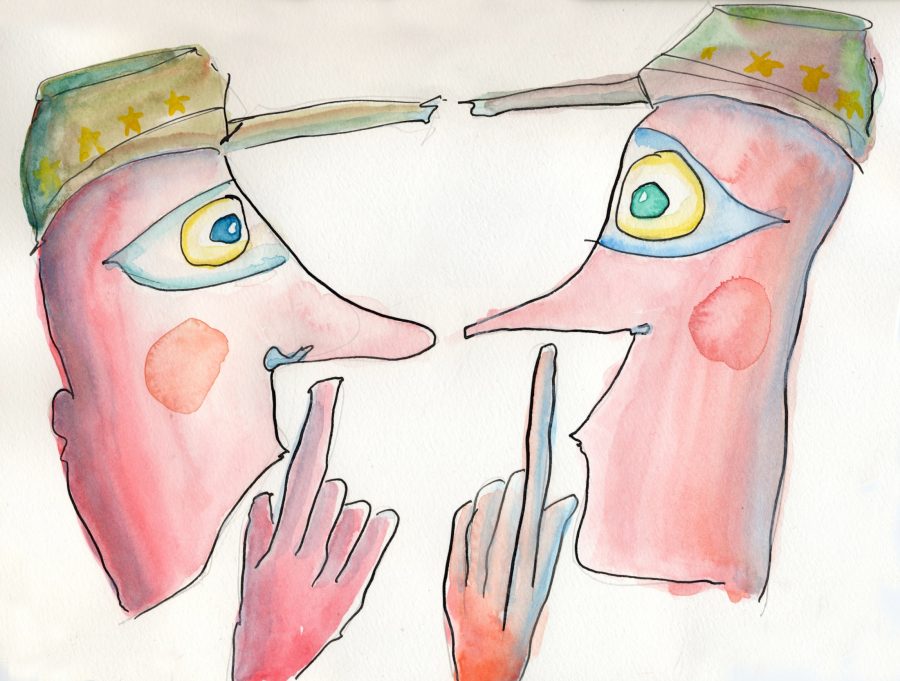On December 22nd of last year, President Obama signed the repeal of the military’s “Don’t Ask, Don’t Tell” policy into law, calling it a matter of civil rights. With the passage of this law, Mr. Obama has acknowledged that people of any sexual orientation deserve to serve in the armed forces.
When asked their opinions about the passage of this landmark law, students and faculty members saw this as a move in the right direction.
A student veteran who wished to remain anonymous said, “As long as the mission gets accomplished, it doesn’t have a whole lot of bearing.” He said, “[Gays and lesbians] have been in the military for so long it doesn’t matter. In this day and age, it’s a non-issue.” The student went on to say, “Washington has a lot more important things to worry about than someone’s sexual orientation.”
A member of the Queer Students Center said, “It’s really the penalties that were most harmful.” Under the Don’t Ask, Don’t Tell policy, a gay or lesbian soldier could be given a dishonorable discharge if their sexual identity was discovered. The student explained that a dishonorable discharge is the same as being a convicted felon. As a result of such a discharge, he said, “[The soldier] would be lucky to get hired by McDonalds.”
Professor Kevin Bowen of the Joiner Center for the Study of War and Social Consequences said, “It’s a great thing that people don’t have to live double lives any more.”
“The military has been one of the more democratic institutions historically.” He added, “It will be interesting how the future will play out.”
Professor Bowen explained that the Joiner Center has worked with gay and lesbian military organizations for many years. He and Dr. Paul Comacho have advocated for homeless and gay and lesbian veterans for more than 20 years. Bowen called the military’s discrimination against gays and lesbians ‘shameful’.
Although this is a milestone ruling, the fight for LGBT rights is far from over. Even with the repeal of Don’t Ask Don’t Tell signed into law, the Pentagon and defense department still have to implement the law. There also will be a sixty day waiting period. Still, the signing of the Repeal of Don’t Ask Don’t Tell Act of 2010 is a historic step toward equality.

